Finally, there is targeted treatment with Non-Surgical Spinal Decompression in Ballina!
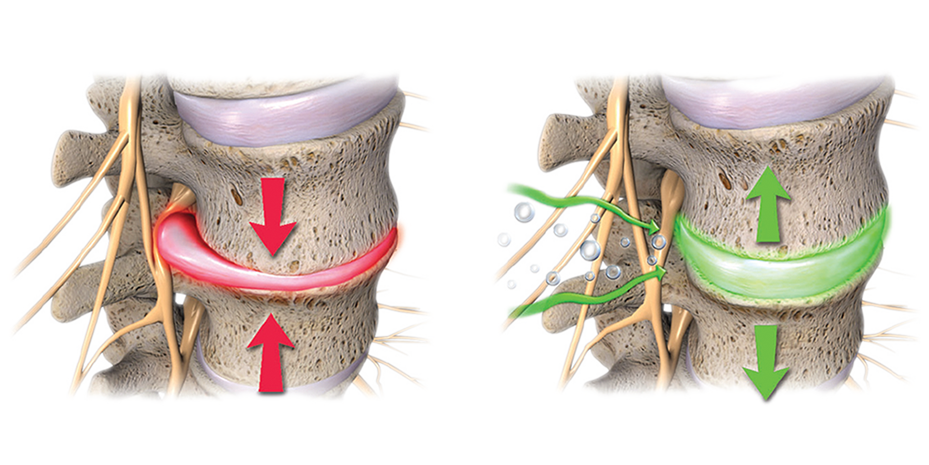
1.
Using a series of slow pulls, holds and releases the Hill DT creates a negative pressure vacuum to help draw the bulged disc back into its correct space.
2.
The gentle pumping action increases hydration, nutrient and fluid exchange providing an ideal environment for healing and repair.
3.
This systematic increase and decrease of stretch creates a vacuum that helps to suck the disc back into place, whilst bringing essential oxygen and nutrients to the area to help it heal.
4.
The Hill DT stretches the connective tissue in a very precise way and is programmed to target specific tissue types – treating various spinal conditions, customised to each patients’ needs.
Spinal Decompression Therapy provides a targeted approach to aid nerve pain often caused by:
• Bulging/Herniated Discs
• Degenerative joint & disc disease
• Facet Syndrome
• Failed Back Surgery Syndrome
• Spinal Stenosis
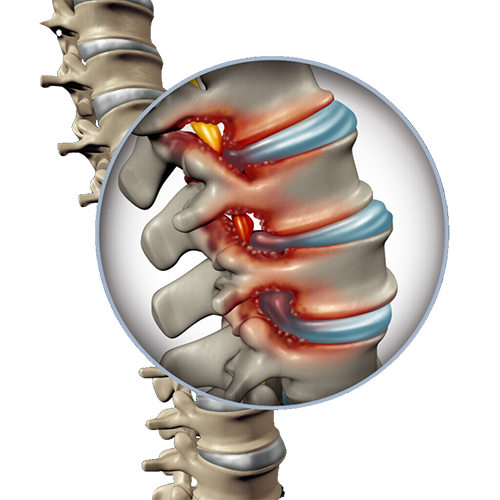
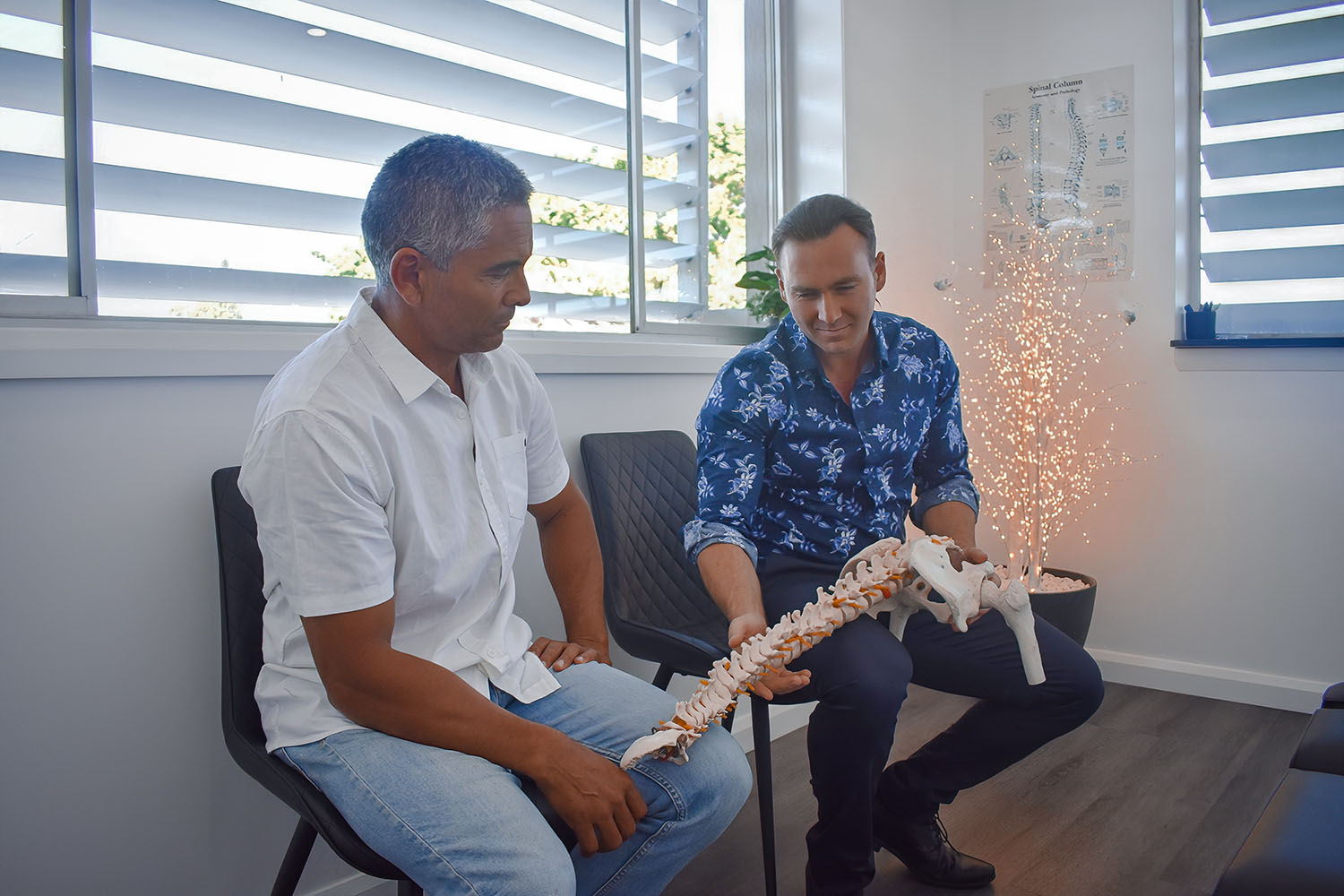
If your pain has not completely resolved through traditional care you may well find that spinal decompressive therapy may help. Our decompression tables offer a targeted treatment approach for numerous disc, facet joint and arthritic conditions.
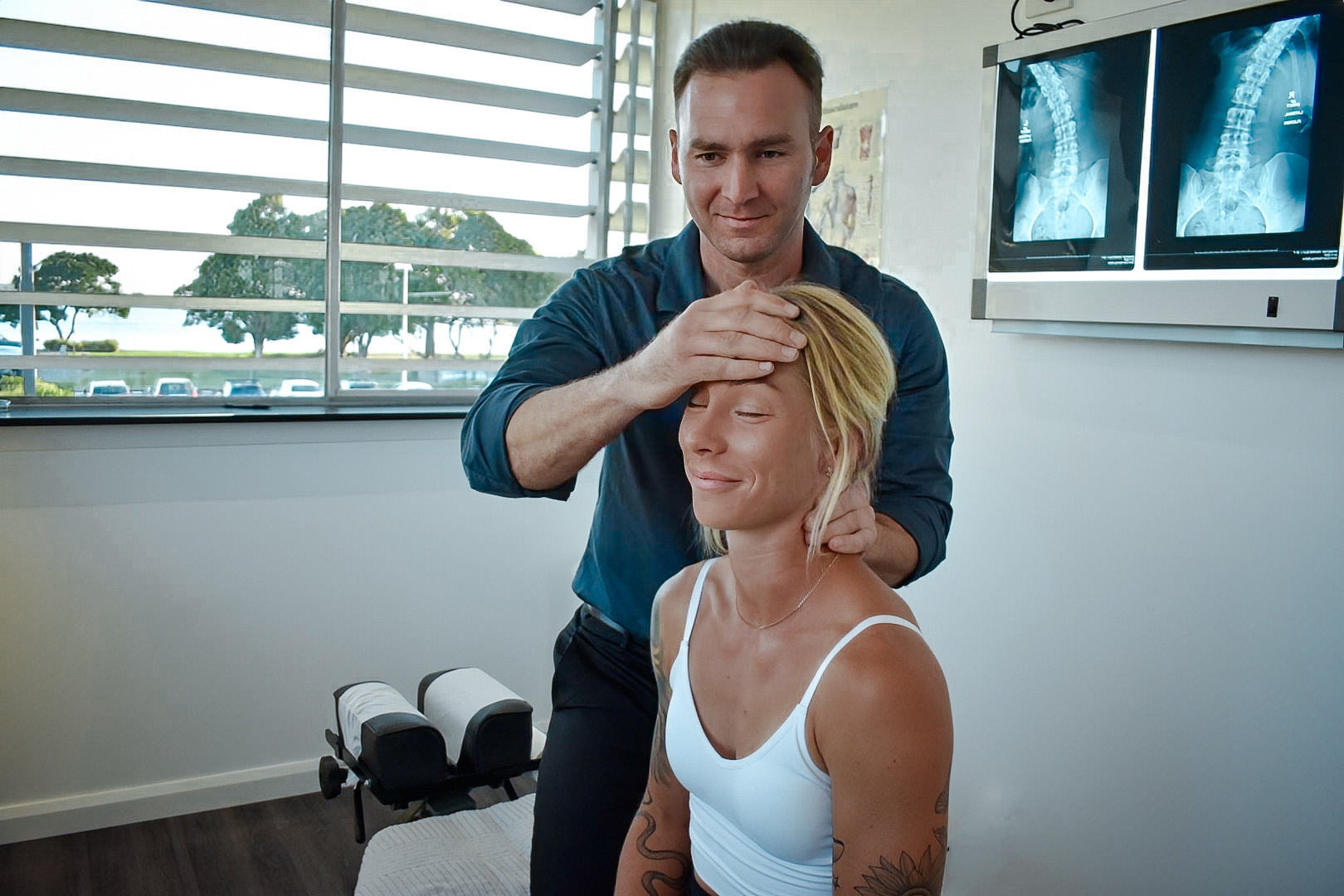
Yes, a full neurological examination will need to be performed, and your x-rays and CT/MRI scans studied so our osteopaths can determine the exact program for your treatment on our cutting-edge Hill DT Spinal Decompression table.
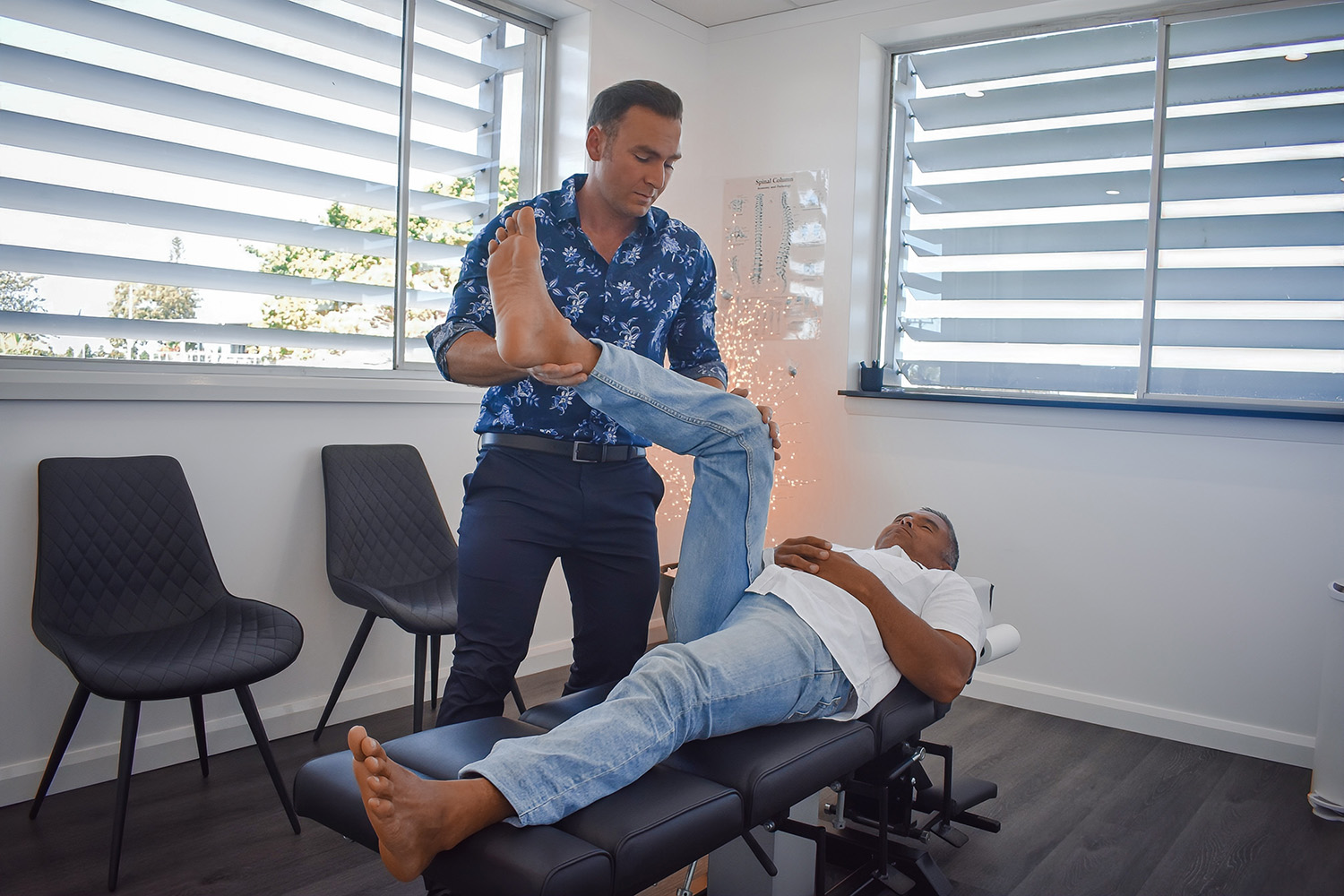
We will review your case, complete relevant orthopaedic and neurological examinations, and study your x-rays/MRI/CT scan. If we feel that our our Spinal Decompression Table can help you, we will arrange a complimentary first session to experience how it feels.
After your spinal assessment and all relevant orthopaedic and neurological tests have been performed, a treatment plan will be devised for you.
This will include the segment of your spine to be treated and the required programs that will be used to treat your spine.
This is an example of one of patients setup for a lumbar spine decompression therapy session. Her pelvis is angled to target the correct vertebrae and discs that have been injured and dysfunctional.
The inbuilt computer has seven sensors that constantly measure the amount, and the exact timing, of each stage of decompression.
Apart from an initial pulling sensation, which you quickly get used to, it is very relaxing; in fact, many people fall asleep! You will experience a rhythmic, gentle, and precise stretch, hold, and then release of your problematic area.
This pumping effect creates a vacuum to draw the disc back into place, break up adhesions and scar tissue, whilst providing much needed fluid exchange to the dysfunctional joint and disc.
The decompression table is very comfortable, the rooms are peaceful and air conditioned, and blankets are provided.
We do regular reassessments of your condition so that we can adjust your care as needed with the aim of you getting the maximum results as soon as possible.
Once your spinal level and treatment type has been prescribed for you, you will receive the same program each time you come, with gradual adjustments as we make progress with your spine.
During your session, our traction technician will place you on the table. You will remain fully clothed, be strapped in and be able to relax on the spinal decompression table whilst listening to calming music. Sessions run for approximately 20-30 minutes and gradual alterations are made at key intervals of time throughout the course of your treatment.
Our team will provide periodic Osteopathic treatments, joined with specific exercises, nutritional and supplement support to help achieve optimal results.
Generally, we are achieving approximately an 80% success rate with our decompression patients. However results can never be promised, and you may still require surgery. We will monitor your progress and refer you to your doctor should we not be happy with your progress.
Some people do feel a change after just one or two sessions, others after about 5-8 sessions, and others not until their 20th or 30th session. It all depends on how much inflammation you have, how long you have had the problem, how severe the problem is, and how well you follow our guidelines regarding nutrition, supplements, rehab exercises and activities. Every case is different, and we can give no guarantees regarding how long you may take to get better.
Depending on the severity of the case, it may take 6-10 weeks for a disc to become pain-free with decompression therapy. Usually, 24-36 treatments over a 3 month period may be required.
Ideally, 4 treatments over 2–4 days per week will help the most, later dropping to twice per week as you improve and so on.
Traditional traction tables predominantly stretch connective tissues such as ligaments, tendons, and fascia. This creates space, but doesn’t heal the disc.
The Hill DT table on the other hand, uses 1 of 8 precise logarithmic movement patterns to pump the disc. This systematic increase and decrease of stretch creates a vacuum that helps to suck the disc back into place, whilst bringing essential oxygen and nutrients to the area to help it heal. Not only does the Hill DT stretch the connective tissue, but it can be programmed to target certain tissue types and treat various spinal conditions.
Spinal Decompression is best used in conjunction with your regular treatment to promote a more comprehensive healing to your spine. However, if your pain has not completely resolved through traditional care you may well find that spinal decompressive therapy may help. Our decompression tables offer a targeted treatment approach for numerous disc, facet joint and arthritic conditions.
To support your body in healing Dr Zac Hakes (Osteopath) will put together a tailored treatment program including the nutrients, supplements and exercises to introduce so you can achieve the best results possible.
Give our friendly team a call to book in Decompression Assessment to see how we can help alleviate your neck or back pain in a long lasting way.